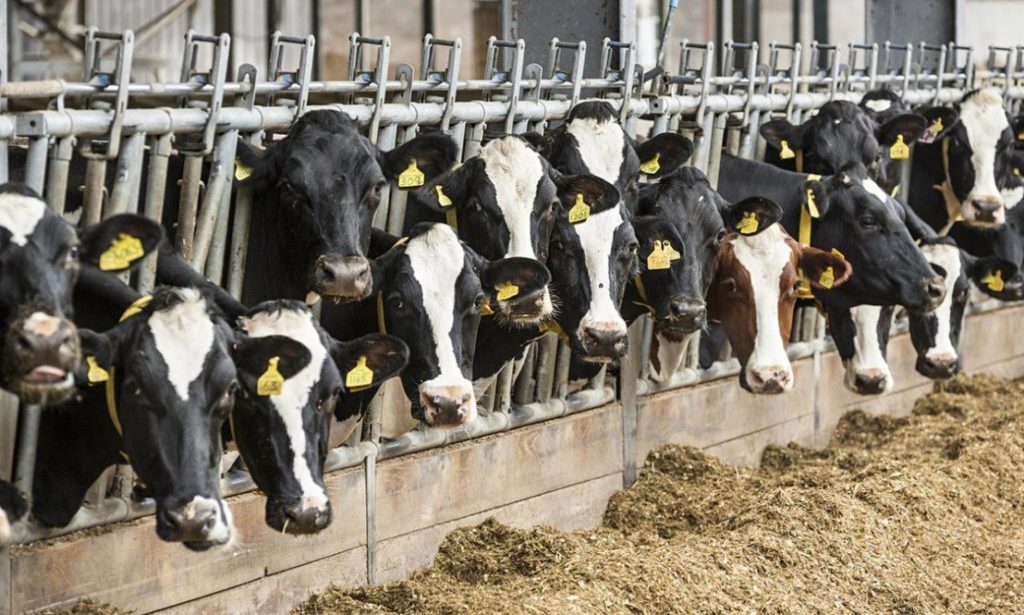Exporters disappointed by the failure to clinch the TransPacific Partnership at this weekend’s APEC meeting in Vietnam have taken solace from the preservation of the deal’s existing market access provisions although niggling doubts remain about how long even agreement on that could last.
After a chaotic few days during which at various stages the deal looked like it could fall over completely the 11 countries in the TPP on Saturday announced agreement on its “core principals” along with the suspension of a number of clauses pending the return of the United States to the agreement while others have been set aside for further negotiation among the current membership.
Areas set aside for further negotiation relate to exemptions sought by Canada, Vietnam, Brunei and Malaysia in parts of the agreement concerned with financial services, broadcasting subsidies, and compliance with international labour standards.
Trade Minister David Parker told Pulse that improved access to TPP consumer markets for agricultural goods was one area where the deal as previously agreed had been left untouched.
“There has been a general view between the parties so far that if you re-open market access then the whole thing unravels and the parties have not wanted it to unravel.”
Asked if there was a danger further negotiations could lead to countries backing away from commitments in other areas Parker said he was hopeful that would not happen but could not rule it out.
“They do not seem too difficult either for us or for other parties on their face but of course one of the reasons we are not being too conclusive about that is as we saw in these negotiations this week there is other subtext that do not actually relate to the terms of the agreement but relate to domestic politics in other countries.”
Stephen Jacobi, the executive director of the International Business Forum, which represents a range of large NZ companies including export heavyweights Fonterra, ANZCO, and Zespri, said Mexico and Canada were both in a difficult situation of having to sign up to TPP while negotiations for a re-engineered North American Free Trade Agreement (Nafta) were still to be concluded.
He said it was possible that neither would sign the TPP until Nafta negotiations with the US had been concluded.
In particular Canadian and Mexican car-makers could be edgy about signing up to rules of origin in the TPP while similar rules had not been settled in Nafta.
In the meantime Jacobi said while it was encouraging for NZ exporters that market access provisions in the TPP had been reaffirmed in Vietnam it was too early to say they were in the bag.
“The reality is though that things are not agreed until everything is agreed and the continuation of the process leaves scope for backsliding.”
Speaking from Vietnam Beef + Lamb NZ’s general manager for policy and advocacy Dave Harrison praised the salvage operation carried out there by ministers there but also expressed concern at the negotiations being allowed to drag on.
“Until everything is agreed it would be a bit premature to say everything is completely saved.”
Underlining the difficulties for the NZ industry from the TPP remaining in limbo was the mounting losses in market share it faced in the Japanese beef market where Australia was forging ahead by virtue of its own free trade agreement which had given it a sizable tariff advantage over rivals.
“Since the Australians had their FTA come into force in 2015 they have seen their exports grow by a billion dollars and ours have dropped by $30m so we are missing out on a booming market and as soon as we can get that parity the better.”
No deadline has been set for TPP countries to finalise negotiations but the earliest possible opportunity would appear to be a meeting of the World Trade Organisation’s trade ministers in Argentina next month.
Source: https://agrihq.co.nz/topic/markets-and-data/global-trade/tpp-market-access-provisions-still-insecure
[/et_pb_text][/et_pb_column][/et_pb_row][/et_pb_section]



